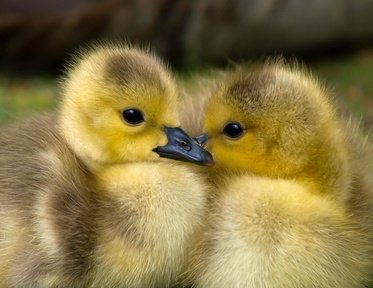
Fowl Play Trivia Quiz
Chicken Breeds
There are many different breeds of chicken. This quiz asks you to match the name of the breed to the country in which it was originally bred and developed.
This is a renovated/adopted version of an old quiz by author abcdefghijkl
A matching quiz
by rossian.
Estimated time: 3 mins.